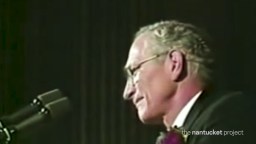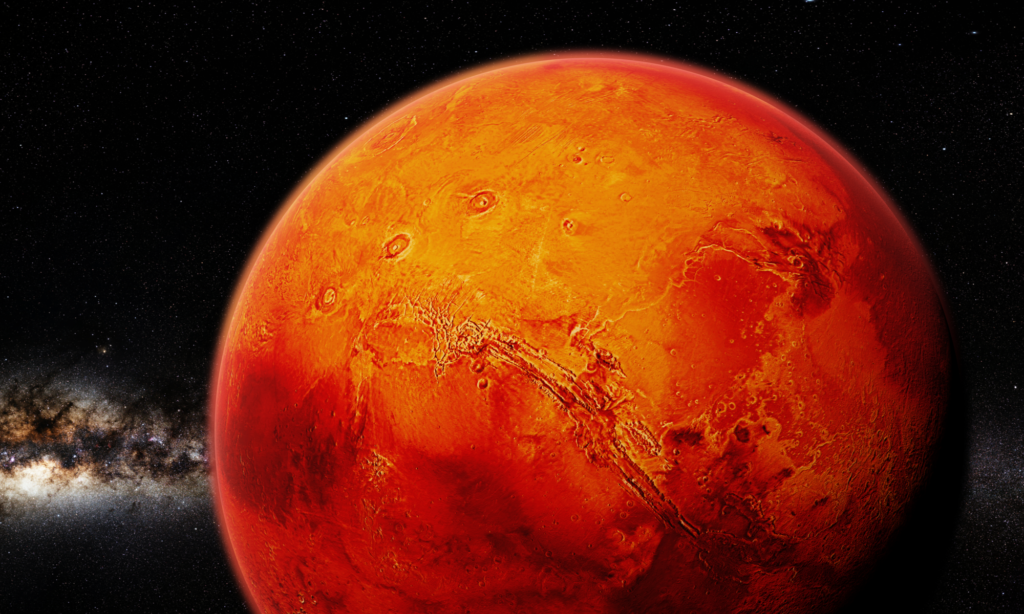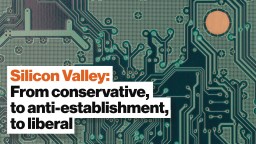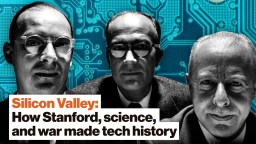history
A new book by constitutional attorney Andrew Seidel takes on Christian nationalism.
For decades, Americans sprayed the notorious pesticide DDT all over their homes and fields. But it turns out we may have known about — and ignored — a safer alternative used by the Nazi regime.
Scientists discover the inner workings of an effect that will lead to a new generation of devices.
So much of the world you know was made possible by Intel founder Robert Noyce, co-inventor of the integrated circuit.
▸
with
Rest assured: Kooky ideas like the Earth being flat or vaccines causing autism are nothing new. Humanity has had worse ideas before.
The Red Planet, the God of War, and important life lessons for us all.
Carbonized papyrus scrolls may again see the light after thousands of years.
So much has changed since 1893. Why not the education system?
▸
5 min
—
with
Why were the Nazis so enamored with the occult, pseudoscience, and magic?
Outside Europe, much of the world followed an assortment of rules and understandings about what time meant.
In 1919, Woodrow Wilson attempted to rally the U.S. behind the League of Nations. His failure suggested the way forward.
Around 9 percent of the U.S. population believe the Pizzagate theory is true.
A group of at least 20 kids in Spain gets a rare illness with historical roots.
A scientist in Sweden makes a controversial presentation at a future of food conference.
The Von Braun Space Station, based on the concepts of a controversial scientist, is moving ahead with construction plans.
An extinction events expert sounds a dire warning.
During World War II, the U.S. incarcerated over 100,000 Japanese Americans in concentration camps throughout the West.
Silicon Valley started as a Republican stronghold. How did it turn so liberal?
▸
4 min
—
with
Gun safety laws have a historical precedent in the 1939 court case U.S. v Miller.
▸
16 min
—
with
Mass protests alone are never enough.
Historian Maragaret O’Mara explains why a tech utopia was, and still might be, a pipe dream.
▸
5 min
—
with
By transplanting Operation Barbarossa on a map of the US, it showed the devastating effects of the Nazi invasion
It’s strange to think that something that died 76m years ago plays a role in modern ecosystems, but life is opportunistic.
The history of Silicon Valley: The rise of a technological unicorn.
▸
10 min
—
with
Sure, Epicureans focused on seeking pleasure – but they also did so much more.
The latest phones have more than one million (1,048,576 to be exact) times more memory than the Apollo computer had in RAM.
July 16, 2019 marks the 50th anniversary of the mission that first landed a man on the Moon.
“It is almost impossible to put into words the difference that Alan Turing made to society.”
New research compares the roles and political clout of royal women in eight societies spanning five continents and more than 4,000 years.





























